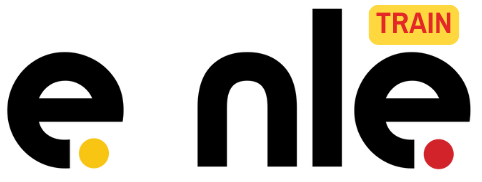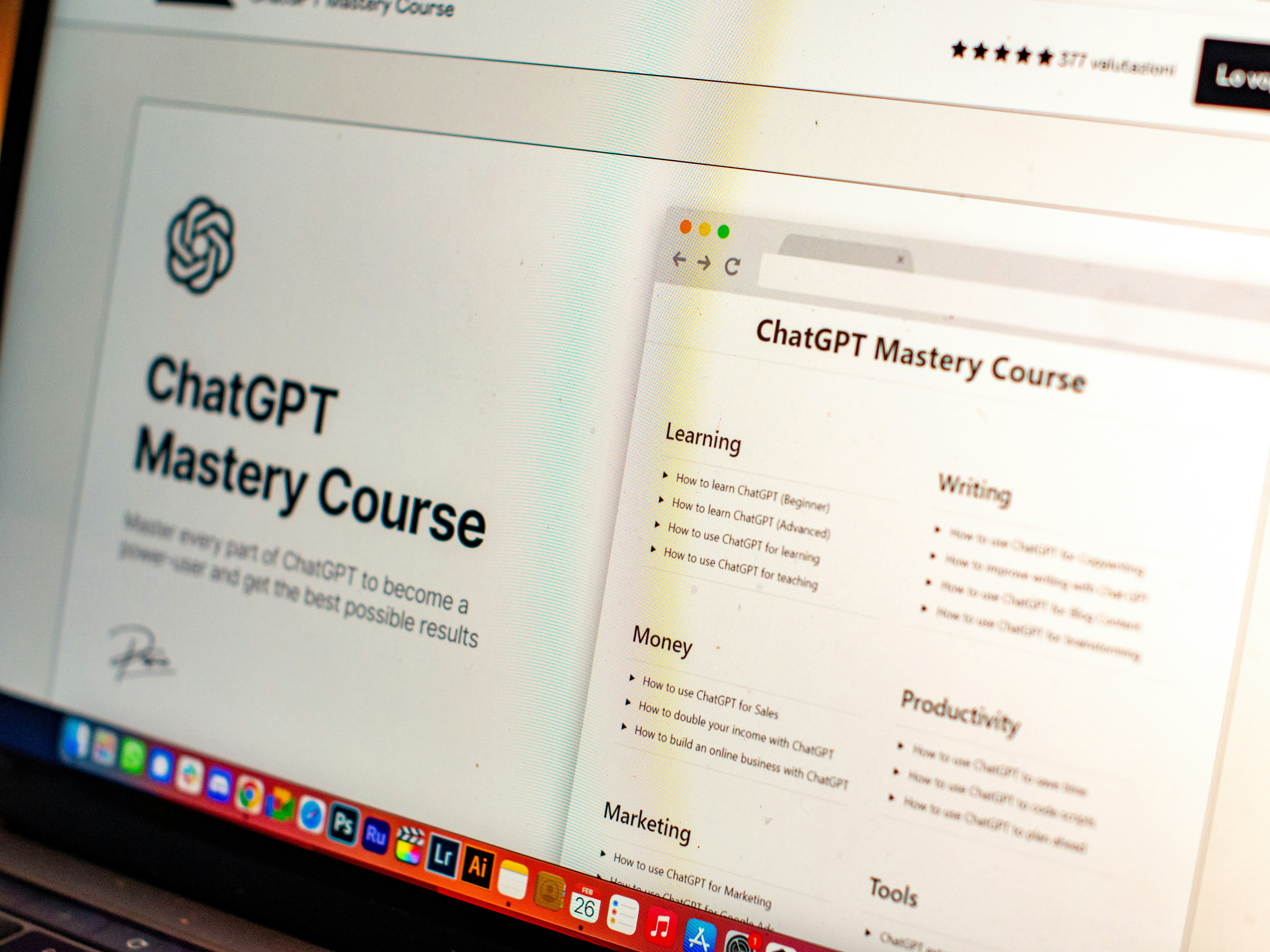Career Development in 2025: Skills and Strategies You Need to Stay Ahead

Understanding the Evolving Job Market
The job market is undergoing significant transformation, driven primarily by advancements in technology, automation, and shifting work practices such as remote work. By 2025, it is projected that these changes will reshape traditional career paths and influence the types of roles available to job seekers. As industries evolve, the demand for certain skills will rise, while others may diminish in importance. Understanding these dynamics is crucial for aspiring professionals and those looking to advance in their careers.
One of the most notable changes is the increasing prevalence of automation across various sectors. Routine tasks, once performed by humans, are increasingly being handled by machines and software. This trend is likely to create a shift in job opportunities, moving away from roles that focus on repetitive tasks towards those that emphasize creative problem-solving, emotional intelligence, and critical thinking. Industries such as healthcare, education, and technology are expected to blossom, fostering jobs that require a higher level of human interaction and specialized skills.
Remote work has also emerged as a significant factor impacting career opportunities. The COVID-19 pandemic accelerated this shift, making it clear that flexibility in work arrangements is not just a temporary trend but a lasting change in how companies operate. Many organizations are adopting hybrid models, thus increasing the need for skills in digital communication and virtual collaboration. This evolution underscores the importance of adaptability as professionals must now navigate digital tools and platforms effectively.
To thrive in this evolving job market, candidates must prioritize lifelong learning. Upskilling and reskilling will be essential, as continuous education in emerging technologies and industry trends becomes critical. Employability in 2025 will rely on one’s ability to adapt to rapid changes, embracing new knowledge as a core component of career development. Therefore, understanding and preparing for these shifts will be vital in securing a successful and fulfilling career in the years ahead.
Essential Skills for 2025
The rapid evolution of the job market necessitates that professionals adapt by acquiring a diverse range of skills. As we look towards 2025, two categories emerge as critical for career advancement: hard skills and soft skills. Hard skills are technical abilities that are specific to a particular job or industry, including data analysis, programming, and digital marketing. Mastery in these areas is increasingly crucial as businesses become more data-driven and reliant on technology. For instance, the ability to analyze data not only informs decision-making but also enhances competitiveness in a rapidly changing environment.
On the other hand, soft skills, such as emotional intelligence, creativity, and communication, play a vital role in creating effective teams and fostering a collaborative work culture. Emotional intelligence, in particular, allows professionals to understand and manage their emotions, as well as those of their colleagues. This can lead to improved workplace relationships and enhanced productivity. Creativity is equally important, as it drives innovation and problem-solving, skills that are invaluable in a landscape characterized by constant change.
Furthermore, the importance of digital literacy cannot be overstated. Professionals across various fields must possess a proficient understanding of digital tools and platforms. This includes being comfortable with software applications, data management systems, and online communication channels. As technology continues to permeate every aspect of work, digital literacy serves as a foundational skill that supports both hard and soft skills.
To successfully acquire these essential skills, individuals can leverage various resources, such as online courses, professional workshops, and networking events. Investing in personal and professional development is imperative, as it not only enhances individual capabilities but also increases overall career progression opportunities.
Strategies for Career Growth
As the landscape of employment evolves, individuals must adopt proactive strategies for career growth to secure their positions in increasingly competitive job markets by 2025. One of the fundamental strategies is effective networking. Building a robust professional network can open doors to opportunities that are not always advertised. Attending industry conferences, workshops, and networking events can help you connect with like-minded professionals and potential mentors, establishing relationships that can prove valuable throughout your career.
In addition to traditional networking, leveraging social media for professional branding is crucial. Platforms such as LinkedIn serve as online portfolios, allowing individuals to showcase their skills, experiences, and achievements to a broader audience. Regularly engaging with content relevant to your industry, sharing insights, and connecting with industry leaders can enhance your visibility and attract attention from potential employers.
The importance of mentorship cannot be overstated. Finding a mentor who can provide guidance, share experiences, and offer constructive feedback is invaluable for career advancement. Mentors can assist in navigating challenges and offer insider knowledge about industry trends, thus equipping mentees with the insights needed to excel in their chosen fields.
Setting clear career goals is another effective strategy. Establishing both short-term and long-term objectives can provide direction and motivation. These goals should be specific, measurable, achievable, relevant, and time-bound (SMART). Pursuing relevant certifications related to your career aspirations can also enhance your qualifications and make you more competitive in the job market.
Finally, gaining practical experience through internships or project work will greatly enrich your resume. Participating in real-world projects—whether through an internship or freelance work—allows you to apply your skills and gain hands-on experience, making you a more attractive candidate to employers. Cultivating a proactive mindset focused on continuous improvement will further ensure that you remain adaptable and well-prepared for the future of work.
The Role of Continuous Learning and Development
In the rapidly evolving job market of 2025, the significance of continuous learning and development cannot be overstated. As industries transform due to advances in technology and changing consumer demands, professionals must embrace lifelong learning as a cornerstone of their career strategies. This commitment to acquiring new skills is essential for maintaining competitiveness and adapting to the dynamic landscape of the workplace.
Numerous avenues for learning and professional growth are available today. Online courses have emerged as a popular and accessible option, enabling individuals to enhance their knowledge and expertise at their own pace. Platforms such as Coursera, Udemy, and LinkedIn Learning offer a wide array of subjects ranging from technical skills like coding and data analysis to soft skills such as communication and leadership. Additionally, many organizations now support employee development through workshops and training sessions, emphasizing the importance of advanced skills in line with industry trends.
Creating a personal development plan is a proactive approach that individuals can adopt to ensure their continuous growth. This plan should encompass both skill enhancement relevant to one’s career path and personal interests that promote overall well-being. By integrating both elements, professionals not only become more competitive but also cultivate a sense of fulfillment in their ongoing education.
Staying updated with industry trends is paramount in identifying potential opportunities for career advancements. Regularly engaging with professional networks, attending industry-related seminars, and following thought leaders can help individuals remain informed about emerging trends. Such knowledge can position them favorably within their fields, enhancing their prospects for leadership roles and new career paths. Ultimately, the investment in continuous learning and development is a powerful strategy for ensuring long-term success and adaptability in the ever-changing job market.







Responses